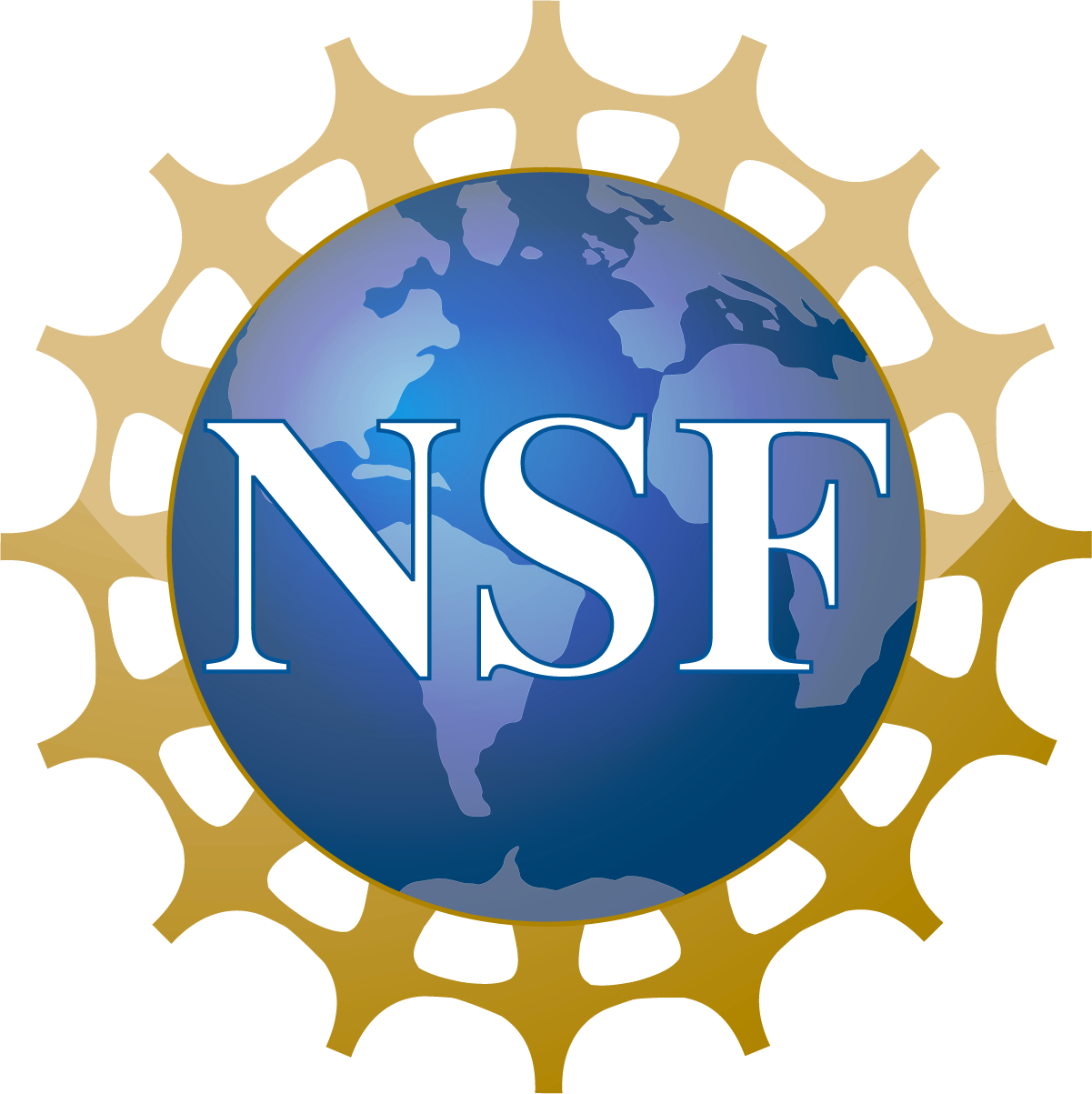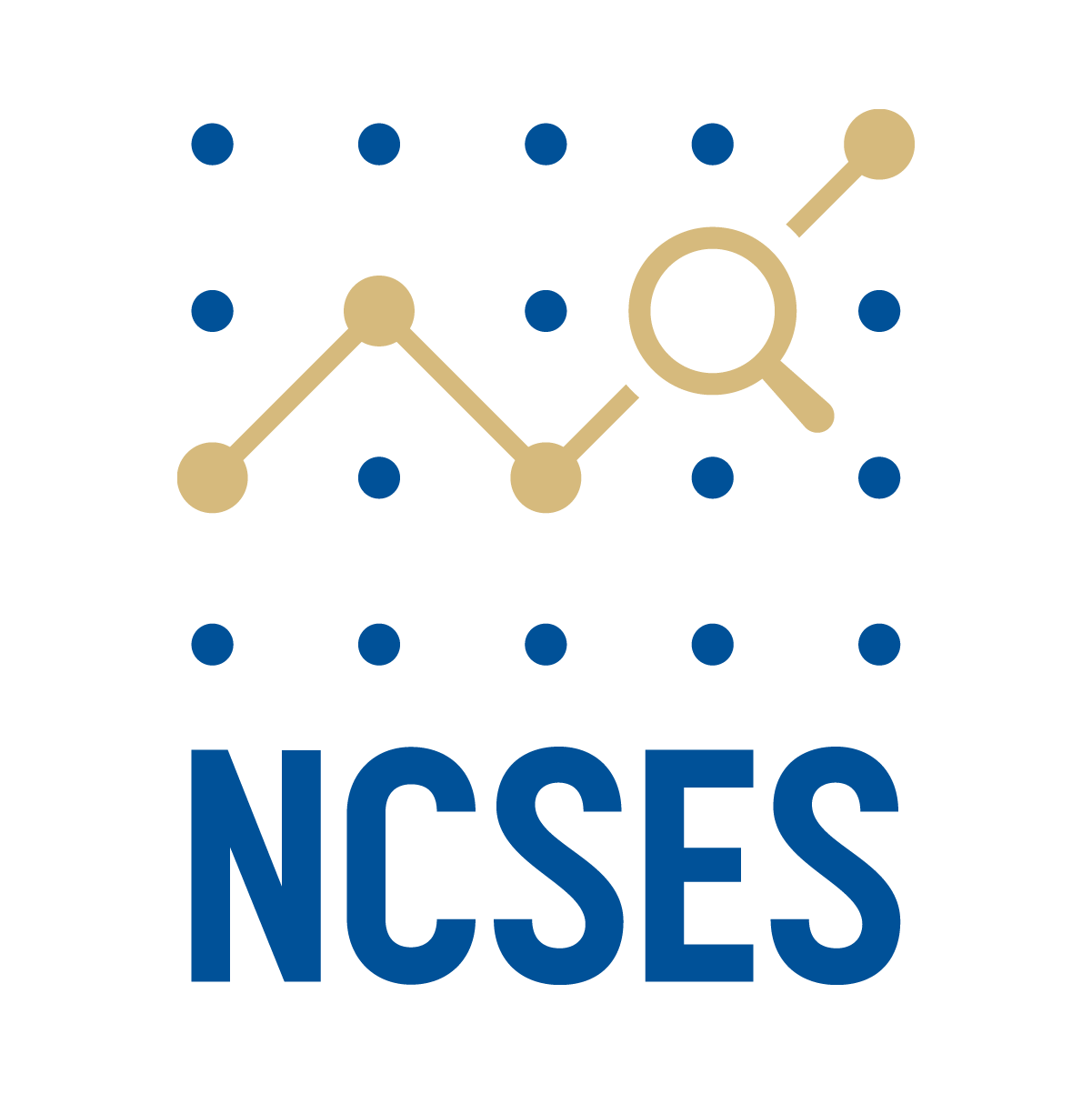Healthcare is always evolving, driven by the constant pursuit of advancements that can revolutionize the way we manage and interpret medical data. Finding ways to share that data efficiently and effectively can help create better evidence for decision-making that can impact public health initiatives.
Recently, the National Center for Science and Engineering Statistics within the National Science Foundation partnered with the America’s DataHub Consortium (ADC) to release a request for solutions that highlighted new opportunities for the use of interoperable health data to support public health surveillance: National Vital Statistics System Modernization — New Opportunities for Interoperable Data.
Modernizing the National Vital Statistics System (NVSS)
“Data interoperability” encompasses a wide range of related topics — data quality, standards, metadata, definitions, systems, and technologies — needed to share information effectively and to support the creation of better evidence for decision-making. The results of this project will inform planning for both the NVSS and a potential future National Secure Data Service (NSDS) by highlighting the possible applications for interoperable data, the level of data access needed for these uses, and the related privacy and confidentiality implications.
Working together to improve public health outcomes
The COVID-19 pandemic spotlighted the need for more timely, accurate, and reliable statistics. Researchers, program administrators, and policymakers are constantly looking for ways to connect Federal government data to other sources of information to yield better evidence for decision-making. Information collected and held by state, local, tribal, and territorial governments holds much promise for filling data gaps. A lack of interoperability, however, often inhibits data access, analysis, and action.
The Advisory Committee on Data for Evidence Building envisioned an NSDS as a new entity supporting cross-cutting activities throughout the data and evidence ecosystem. To do this successfully, an NSDS must explore ways to systematically foster data interoperability. Recent NVSS modernization efforts demonstrate the benefits of data interoperability, present new evidence-building opportunities, and provide insights for metadata infrastructure that stretch far beyond the health domain.
The improved interoperability of the nation’s vital statistics is opening new doors for more real-time analysis and decision-making at all levels of government. This project seeks to utilize the ADC to identify untapped opportunities for leveraging NVSS data and to inform data interoperability standards more broadly, including highlighting best practices for a potential future NSDS.
Accessing “non-traditional” innovation
After a competitive evaluation, the selection committee chose Clinovations Government + Health for the National Vital Statistics System Modernization — New Opportunities for Interoperable Data award — the first “non-traditional” organization to be selected for an ADC project. “One of the primary goals for ADC is to engage non-traditionals, organizations that do not typically do business with us”, says Dr. Heather Madray, Program Director for Data Access, Confidentiality, and Quality Assessment from the National Center for Science and Engineering Statistics within the National Science Foundation. “We will continue to seek participation by non-traditionals in this competitive process for making future awards.”
A woman and minority-owned small business, Clinovations provides strategic, clinical, and health IT advisory and management services to the government and stakeholders in the public sector, provider, interoperability, and technology domains. Their expertise lies in offering innovative solutions at the intersection of healthcare and technology, a key factor in their approach to this project.
Collaborating for success
Collaboration is often hailed as the catalyst for innovation. NVSS is the oldest and most successful example of intergovernmental data sharing in the public health realm. It is the mechanism by which the National Center for Health Statistics (NCHS) collects and disseminates critical information on births and deaths. Over the last decade, NCHS has been collaborating with its jurisdictional partners—that is, the 50 states, 2 cities (Washington, D.C. and New York City), and 5 territories (Puerto Rico, the Virgin Islands, Guam, American Samoa, and the Commonwealth of the Northern Mariana Islands)—to improve the receipt, coding, review, analysis, and release of vital statistics. The results of this project will enhance collaboration by informing data interoperability standards more broadly.
Keep an eye on the “Opportunities” page for future project solicitations. While you don’t have to be a member of ADC to propose a solution, there are benefits to joining the consortium. Find out more here.




